Unlock Timeless Immunity: Discover the Power of Authentic Ayurvedic Chyavanprash
Why Vaidya-Made Chyavanprash is Superior to Market Preparations
In Ayurveda, Chyavanprash is considered the king of Rasayana formulations — a powerful rejuvenating herbal blend created to restore vitality, slow aging, improve immunity, and enhance overall wellbeing. Originating from the legendary formulation prepared for Maharishi Chyavana, this classical recipe is still one of the most potent health supplements used in every Ayurvedic household.
But with countless commercial brands available today, one question remains:
👉 Is every Chyavanprash truly Ayurvedic?
👉 Why is Vaidya-prepared Chyavanprash far superior to market products?Let’s explore.
🍯 What is Chyavanprash?
Chyavanprash is a herbal jam (avaleha) made using:
-
Fresh Aamla (Indian Gooseberry – the richest source of Vitamin C)
-
40+ classical herbs
-
Desi ghee
-
Cold-pressed honey
-
Ayurvedic spices
-
Bala, Dashmool, Shatavari, Yashtimadhu, Pippali, and more
It works as a complete body-mind tonic for all ages.
💪 Top Health Benefits of Chyavanprash
1️⃣ Boosts Immunity Naturally
Its rich antioxidant and Vitamin-C profile strengthens Ojas (immunity) and protects against infections, allergies, cough & cold.
2️⃣ Supports Lung & Respiratory Health
Excellent for asthma, breathlessness, recurrent cough, sinusitis & weak lungs.
3️⃣ Enhances Digestion & Metabolism
Balances Agni, improves nutrient absorption, and prevents gastric disturbances.
4️⃣ Increases Strength, Stamina & Energy
Acts as a Rasayana — rejuvenates tissues, improves vitality, nourishes muscles.
5️⃣ Improves Memory, Focus & Brain Health
Herbs like Brahmi, Yashtimadhu and Shankhpushpi boost calmness and concentration.
6️⃣ Promotes Healthy Aging & Skin Glow
Its anti-aging herbs reduce oxidative stress and keep skin youthful and bright.
7️⃣ Enhances Fertility & Reproductive Strength
Improves sperm quality, nourishes reproductive tissues, and boosts libido.
Looking for authentic hand-crafted Chyavanprash? Contact Ayurvidhi Clinic today.@https://wa.me/message/MBTFCXKULPB2K1
Why Vaidya-Made Chyavanprash is More Effective Than Market Products
Commercial products often:
✖ Use preservatives, refined sugar, additives
✖ Prepare Avaleha in bulk using machinery
✖ Skip the classical steps due to high production costs
✖ Use dried Aamla instead of fresh and seasonal fruit
✖ Add artificial flavors, colors, thickening agents
But true Ayurvedic Chyavanprash cannot be mass-produced.
It requires:
✔ Fresh seasonal Aamla
✔ 40+ herbs processed individually
✔ Proper Sanskara (classical preparation steps)
✔ Slow cooking on mild fire for several hours
✔ Ayurvedic principles of purity, timing & combination
✔ Expertise of a trained Vaidya in maintaining proportions
⭐ Why Ayurvidhi Clinic’s Vaidya-Made Chyavanprash is Special:
-
100% classical, preservative-free preparation
-
Small-batch, hand-crafted formula
-
Made from fresh Amla pulp, not powder
-
No refined sugar — prepared using jaggery
-
Added Rasayana herbs for extra immunity
-
Ideal for children, adults & elderly
-
Safe for long-term daily use
📞 Pre-book your Ayurvidhi Clinic Chyavanprash now — limited batches available every season! @https://wa.me/message/MBTFCXKULPB2K1
🧑⚕️ Who Should Take Chyavanprash?
✔ Children with low immunity
✔ Students for memory & concentration
✔ Adults with frequent cough, cold, fatigue
✔ Weak digestion or low appetite
✔ Elderly people needing rejuvenation
✔ Couples planning for conception
✔ People with respiratory issues
➡️ Consult our Ayurvedic Vaidya to know your ideal Chyavanprash dose! @https://wa.me/message/MBTFCXKULPB2K1
🥄 How to Take Chyavanprash
-
Adults: 1–2 teaspoons daily
-
Children: ½–1 teaspoon daily
-
Best taken with warm milk or warm water
✨ Daily use gives long-term protection & vitality.
🛍 Want to Experience Real, Classical Chyavanprash?
Ayurvidhi Clinic’s Chyavanprash is hand-prepared by Vaidyas, following ancient Rasayana principles.
Safe. Potent. Fresh. Therapeutic.
📩 Message us to book your jar today! @https://wa.me/message/MBTFCXKULPB2K1
📞 Call to order: +91-9511953471
📍 Available at Ayurvidhi Clinic — Limited Seasonal Supply




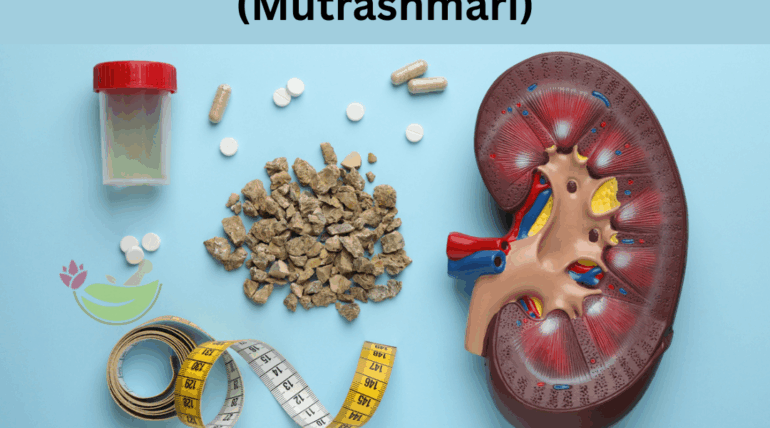

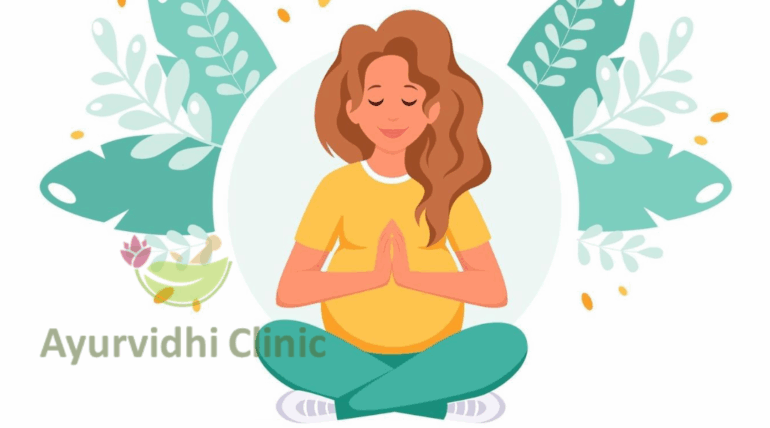

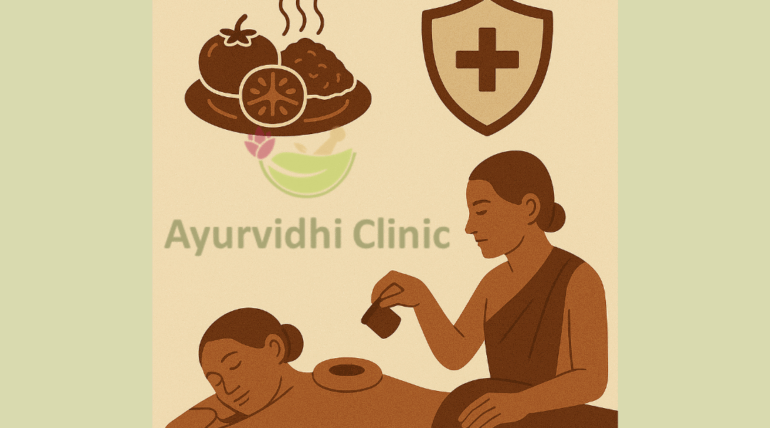
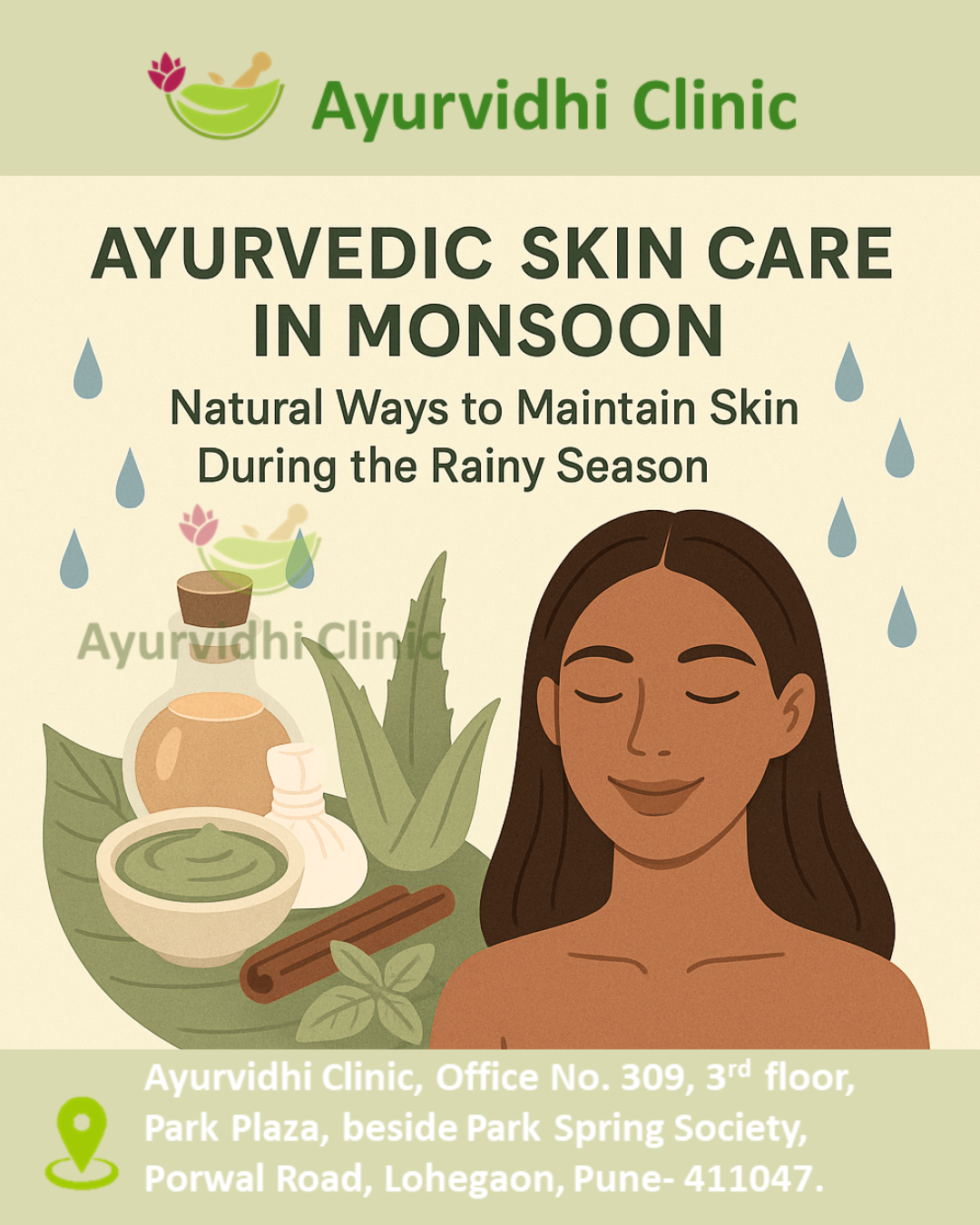
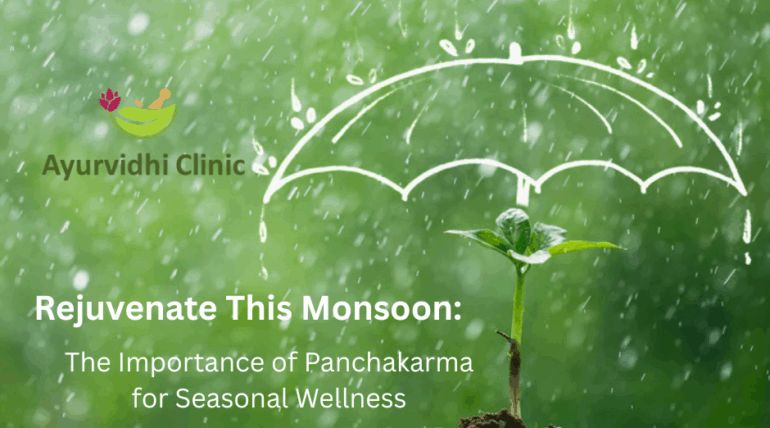
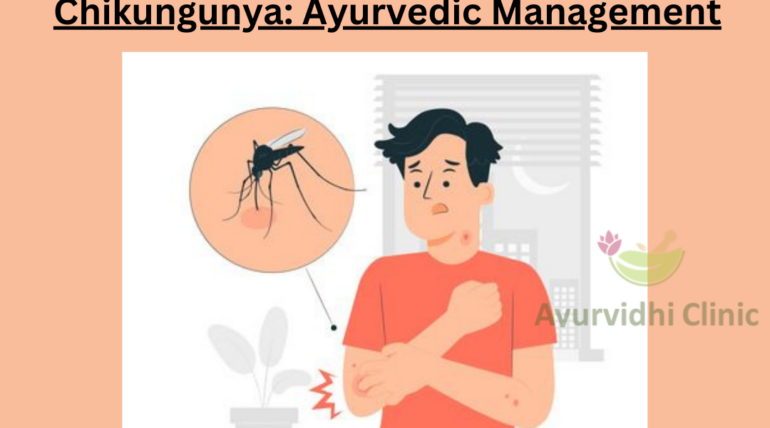


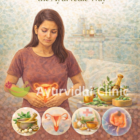
Recent Comments